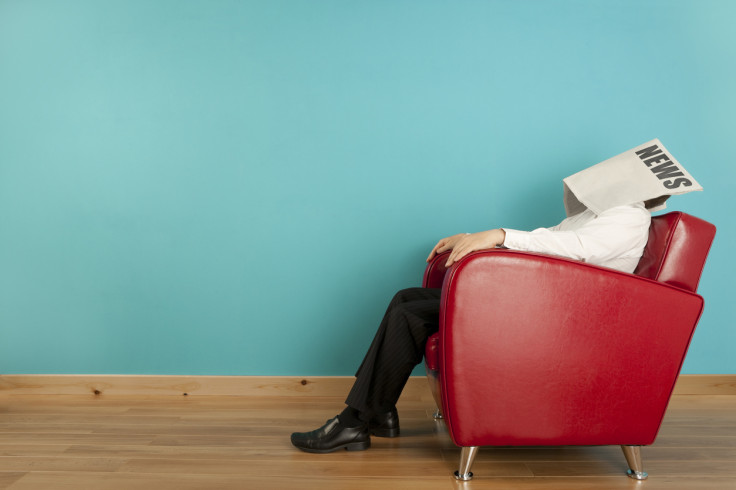Social exclusion makes people more likely to believe in fake news
When someone feels rejected from a wider social group, they are more vulnerable to conspiracy theories.
A pair of psychological experiments show that when people are made to feel socially excluded, they are more likely to believe conspiracy theories.
Fake news is often riddled with conspiracy theories, such as that Hilary Clinton was running a paedophile ring run in a pizza shop basement in Washington, DC. Psychologists have shown that when students are told they have been rejected for collaboration on a piece of work, they are more likely to buy into conspiracy theories, such as ideas about government subliminal messaging or the Bermuda Triangle.
The belief in conspiracy theories is linked to people's search for meaning going into overdrive, which happens when people feel unsure or uncertain. In a pair of studies published in a paper in the Journal of Experimental Psychology, psychologists tested what happens when people are made to feel uncertain because of social exclusion.
In the first study, they tested a random sample of 119 people in an online study, where they assessed their feelings of social exclusion, and then tested their belief in some popular conspiracy theories. The participants were asked how much they agreed with the statements:
- Pharmaceutical companies withhold cures for financial reasons
- Governments use messages below the level of awareness to influence people's decisions
- Events in the Bermuda Triangle constitute evidence of paranormal activity
In the second study, people were asked to write two paragraphs about themselves, describing "what it means to be me" and "the kind of person I want to be". They were told that their paragraphs would be judged by their peers and used to decide whether or not they would be chosen to collaborate on a piece of work.
Instead of actually assessing the paragraphs, students read summaries written by the researchers. The students were then randomly assigned to one of three groups: accepted, rejected or given no update. Then they had to fill out the questionnaire on their feelings of social exclusion and rate how much they believed the conspiracy theories.
The people in the excluded group were more inclined to believe the conspiratorial statements than the others. The researchers say that this could be the same mechanism by which the most excluded in society turn to fake news for answers.

"Those who are excluded may begin to wonder why they're excluded in the first place, causing them to seek meaning in their lives. This may then lead them to endorse certain conspiracy beliefs," said Alin Coman of Princeton University in a statement.
Disrupting the cycle of exclusion and conspiratorial thinking is the "best bet" for tackling some of the problems at the root of fake news, Coman said. A failure to do so could lead to communities becoming even more prone to sharing and attaching weight to "inaccurate and conspiratorial beliefs".
"When developing laws, regulations, policies and programs, policymakers should worry about whether people feel excluded by their enactment," Coman said. "Otherwise, we may create societies that are prone to spreading inaccurate and superstitious beliefs."
© Copyright IBTimes 2025. All rights reserved.






















